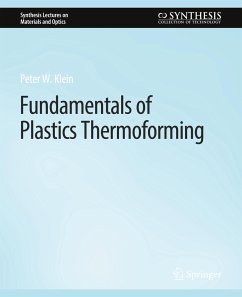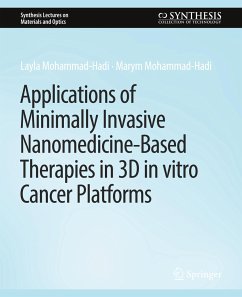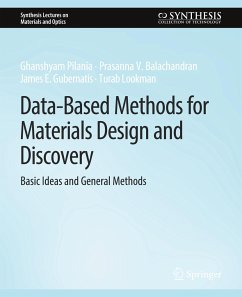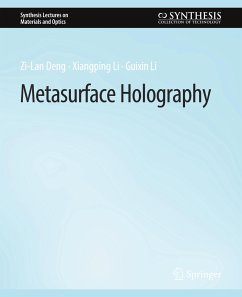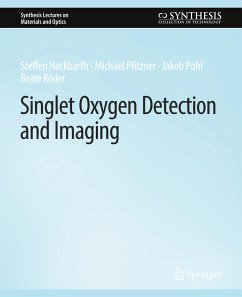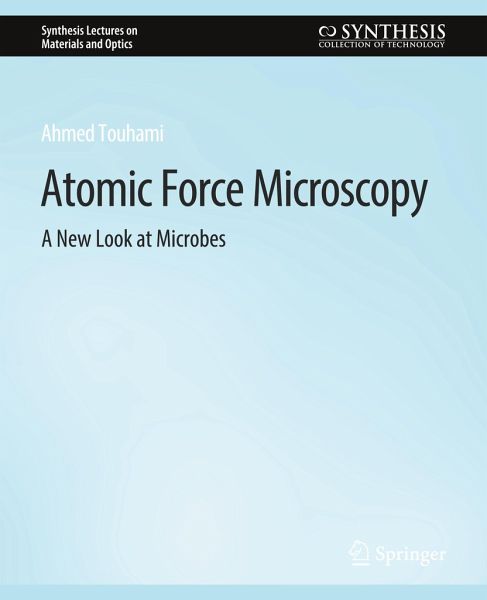
Atomic Force Microscopy
A New Look at Microbes

PAYBACK Punkte
0 °P sammeln!
Over the last two decades, Atomic Force Microscopy (AFM) has undoubtedly had a considerable impact in unraveling the structures and dynamics of microbial surfaces with nanometer resolution, and under physiological conditions. Moreover, the continuous innovations in AFM-based modalities as well as the combination of AFM with modern optical techniques, such as confocal fluorescence microscopy or Raman spectroscopy, increased the diversity and volume of data that can be acquired in an experiment. It is evident that these combinations provide new ways to investigate a broad spectrum of microbiolog...
Over the last two decades, Atomic Force Microscopy (AFM) has undoubtedly had a considerable impact in unraveling the structures and dynamics of microbial surfaces with nanometer resolution, and under physiological conditions. Moreover, the continuous innovations in AFM-based modalities as well as the combination of AFM with modern optical techniques, such as confocal fluorescence microscopy or Raman spectroscopy, increased the diversity and volume of data that can be acquired in an experiment. It is evident that these combinations provide new ways to investigate a broad spectrum of microbiological processes at the level of single cells. In this book, I have endeavored to highlight the wealth of AFM-based modalities that have been implemented over the recent years leading to the multiparametric and multifunctional characterization of, specifically, bacterial surfaces. Examples include the real-time imaging of the nanoscale organization of cell walls, the quantification of subcellular chemical heterogeneities, the mapping and functional analysis of individual cell wall constituents, and the probing of the nanomechanical properties of living bacteria. It is expected that in the near future more AFM-based modalities and complementary techniques will be combined into single experiments to address pertinent problems and challenges in microbial research. Such improvements may make it possible to address the dynamic nature of many more microbial cell surfaces and their constituents, including the restructuring of cellular membranes, pores and transporters, signaling of cell membrane receptors, and formation of cell-adhesion complexes. Ultimately, manifold discoveries and engineering possibilities will materialize as multiparametric tools allow systems of increasing complexity to be probed and manipulated.



